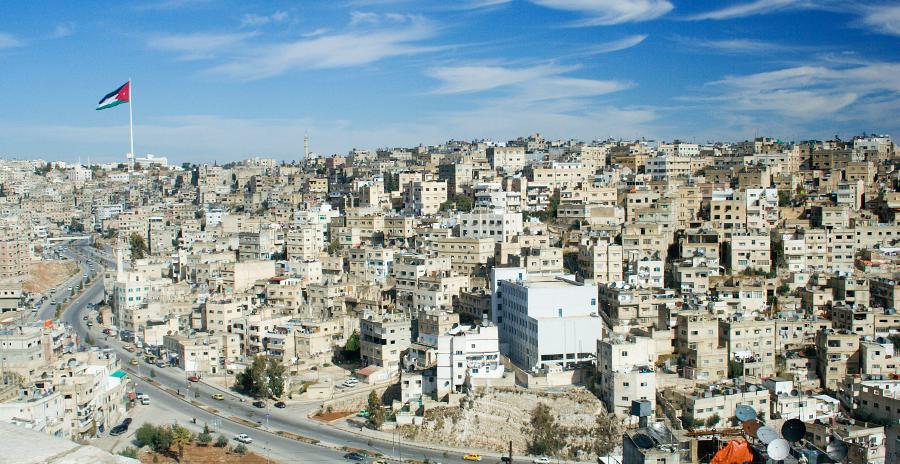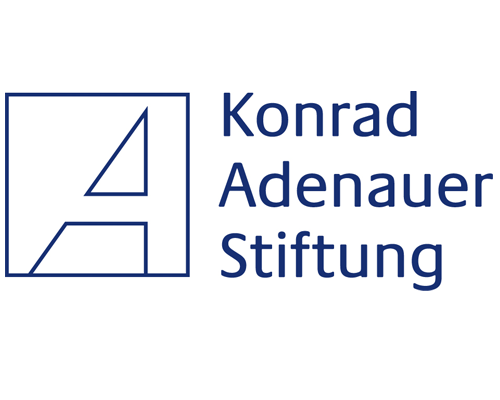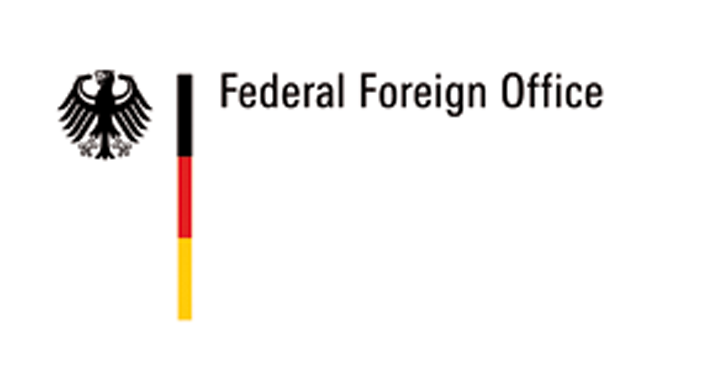Country Overview: Jordan

View an Jordan's capitan Amman, Photo: David Bjorgen, Wikimedia Commons
Like Morocco, Jordan is considered a country whose transition should transform it into an anchor for regional stability. And as with the North African monarchy, Jordan's path of reform from above has generally received positive reviews by its regional and international partners despite a constant change of low-profile governments who stand in stark contrast to the still popular figure of King Abdullah.
Structural reform – mostly on subsidy cuts – has been a hotly debated topic in Jordan during the string of demonstrations the Hashemite Kingdom has witnessed since 2011. However, that has been only the latest episode in a process that Abdullah' father Hussein II. had already initiated in the mid-1990s.
Short of natural resources and out of political options after siding with Iraq during the Second Gulf War, Jordan settled its part of the Israeli-Arab conflict in 1994 and subsequently subscribed to economic adjustment policies of the IFIs. Those were neither connected to an inclusive economic agenda, nor adapted to the needs of the Jordanian economy and its labor force.
Not unlike Egypt, Jordan has been dodging deep-reaching reform and accountability during the last years by shaping its growth plan along the »Dubai model« – facilitated by GCC investments in real estate, construction, finance and tourism. This has clashed with the reality of persistent (youth) unemployment – for which Jordan's projected boom sectors hardly offer any remedy – and with the additional burden of a refugee population of over a million people as a result of the Syrian civil war.
On the upside, Jordan has begun to redirect funds and attention to water resource management, one of its most pressing needs and also a sector for growth. Furthermore, the country has initiated regional cooperation in this field with both Israel and the Palestinian National Authority.
Besides, Amman has seen a rise in startup activity also thanks to an increasing number of exiled young entrepreneurs from neighboring Syria and Iraq. Another positive step for the economy of the kingdom is the positioning of Jordan's banks as a safe alternative to competitors in Lebanon and the Arab Gulf. This development has done little, however, to a fundamentally address Jordan's structural shortcomings in its political and economic system.
Supported by






© CANDID Foundation gGmbH 2015



